
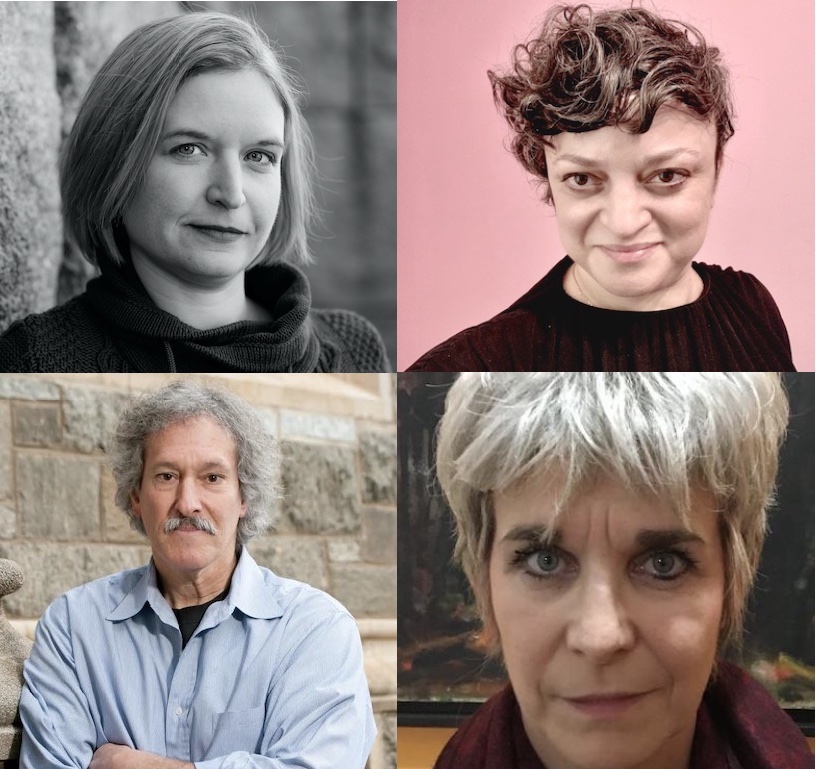
CONFERENCE
Artists Migrating to the United States, In and Beyond the Nazi Period
FEATURING Rebecca Erbelding, PhD,
Katya Grokhovsky, and Ori Z Soltes, PhD
December 15, 2021 @ 12:00 pm - 1:30 pm
| FreeShaped in accordance with the theme of the current Fritz Ascher Society online project, “Identity, Art and Migration,” this brief conference focusses on psychological, historical and art historical aspects of migration—broadly and in particular within the context of artists seeking refuge in the United States during the Holocaust.
Expert Panel:
Rebecca Erbelding, PhD, USHMM historian in Washington DC
Katya Grokhovsky, artist and founder of The Immigrant Artist Biennal in New York NY and
Ori Z Soltes, PhD, Teaching Professor at Georgetown University in Washington DC
These diverse experts will address the specifics of American immigration policies in the first half of the twentieth century and how they particularly affected those seeking refuge from the ravages of the Nazi Holocaust across Europe; the consequences of forced migration in the work of the seven artists whose work is the focus of the Identity, Art and Migration project; the continuation and reshaping of issues affecting immigrant artists and their art in the recent history of the United States and the current reality of Europe.
The presentations will be followed by questions to the speakers posed by the moderator as well as by audience Q & A.
Moderated by
Rachel Stern, Director and CEO of the Fritz Ascher Society in New York NY
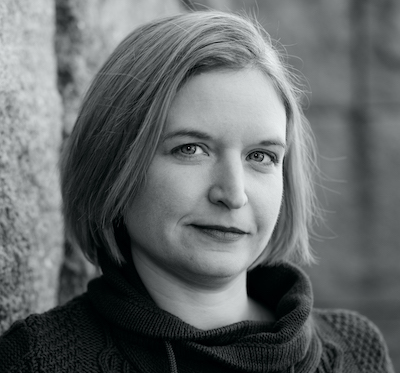
Rebecca Erbelding, PhD
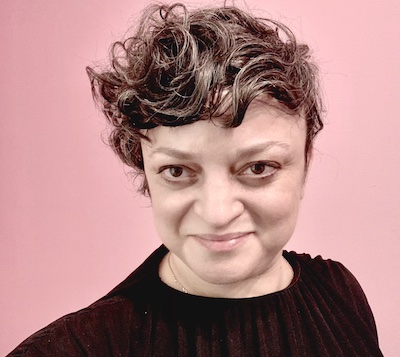
Katya Grokhovsky
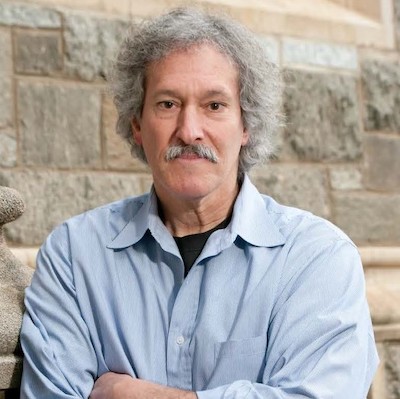
Ori Z Soltes, PhD
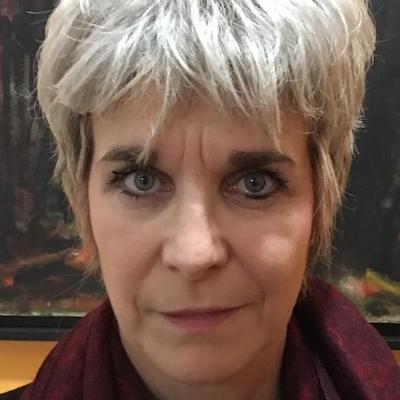
Rachel Stern
Rebecca Erbelding, PhD is the author of Rescue Board: The Untold Story of America’s Efforts to Save the Jews of Europe (Doubleday, 2018), which won the National Jewish Book Award for excellence in writing based on archival research. She holds a PhD in American history from George Mason University and has been a historian, curator, and archivist at the US Holocaust Memorial Museum since 2003. She served as the lead historian on the Museum’s special exhibition, Americans and the Holocaust.
Born in Ukraine and raised in Australia, Katya Grokhovsky is a New York-based artist, curator, and Founding Director of The Immigrant Artist Biennial. Her work has been exhibited nationally and internationally. Grokhovsky has received support through numerous residencies including The Elizabeth Foundation for the Arts (EFA) Studio Program, School of Visual Arts MFA Art Practice Artist in Residence, Kickstarter Creator in Residence, Pratt Fine Arts Department Artist in Residence, Art and Law Fellowship, MAD-The Museum of Arts and Design Studio Program, BRICworkspace Residency, Ox-BOW School of Art Residency, Wassaic Artist Residency, Atlantic Center for the Arts, Studios at MASS MoCA, NARS Residency, Santa Fe Art Institute Residency, Watermill Center, and more. She has been awarded the Brooklyn Arts Council Grants, NYFA Fiscal Sponsorship, ArtSlant 2017 Prize, Asylum Arts Grant, Australian Council for the Arts Grant, and Freedman Traveling Scholarship for Emerging Artists, among others.
Ori Z Soltes, PhD, teaches at Georgetown University across the disciplines of theology, art history, philosophy and politics. He is the former Director and Curator of the B’nai B’rith Klutznick National Jewish Museum where he curated some 80 exhibitions. He is the author of several hundred articles and catalogue essays, and the author or editor of 25 books, including The Ashen Rainbow: The Holocaust and the Arts; Symbols of Faith: How Jewish, Christian, and Muslim Art Draw from the Same Source; and Tradition and Transformation: Three Millennia of Jewish Art and Architecture and Immortality, Memory, Creativity, and Survival: The Arts of Alice Lok Cahana, Ronnie Cahana and Kitra Cahana (FAS 2020).
Rachel Stern is the Founding Director and CEO of The Fritz Ascher Society for Persecuted, Ostracized and Banned Art. Born and educated in Germany, she worked for ten years in the Department of Drawings and Prints at the Metropolitan Museum of Art in New York. She is a 2018 recipient of the Hans and Lea Grundig Prize, in recognition of her research about the artist Fritz Ascher (Berlin, 1893-1970), the international traveling exhibition and the book To Live is to Blaze with Passion: The Expressionist Fritz Ascher/ Leben ist Glühn: Der Expressionist Fritz Ascher (Cologne: Wienand 2016). In 2020, she published a selection of poems by Fritz Ascher, Fritz Ascher. Poesiealbum 357 (Wilhelmshorst: Märkischer Verlag) and edited, with Julia Diekmann, the exhibition catalogue The Lonely Man. Clowns in the Art of Fritz Ascher (1893-1970) / Der Vereinsamte. Clowns in der Kunst Fritz Aschers (1893-1970) (Holzminden: Verlag Jörg Mitzkat).
This is an event of our online project “Identity, Art and Migration” in which we investigate US immigration of European refugees during the first half of the 20th century through the lens of seven artist case studies: Anni Albers, Friedel Dzubas, Eva Hesse, Rudi Lesser, Lily Renee, Arthur Szyk and Fritz Ascher.
What is it that defines human identity? DNA? Language? Culture? Landscape? Polity? Or is it a combination of all of these factors? How do the sources of identity make it easy or difficult for individuals who migrate from one location to another—by choice or under duress—not merely to adapt but to become fully comfortable within their new home? How do artists, with their particular set of sensibilities—and who are purveyors of, respondents to, and shapers of culture—respond to their own migration? How do they transfer the diverse identity norms of the worlds they leave behind to the new worlds into which they arrive? Can they translate from one language of images to another?
Each one of the seven artists featured in this project was affected in different ways by Nazi policies and came as a refugee to the United States, to remain or not to remain here—or hiding within Germany throughout the war. The life and work of each of these artists addresses the issue of identity and the particulars of its expression from slightly different angles. As a compendium, they all serve as an intensified and emphatic articulation of the broader issues of relocation, transformation and the psychological and cultural self as a centerpiece of human being.
Generously sponsored by the Consulate General of the Federal Republic of Germany in New York.


